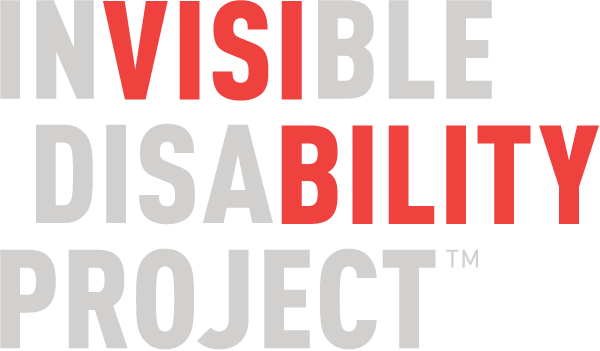4 Texts that Get It Right About Invisible Disabilities
Linda Williams, Ph.D., and Monica Slabaugh
1. Canceling Plans
It happens. Invisible disabilities may be unseen, but they aren’t unfelt or unreal. They are, however, unpredictable. One moment, our body tell us game on; and the next, it’s curled up on the sofa, and it’s not going anywhere today. Bodily diversity and neurodiversity need flexible structures, allies, and partnerships. Go with the flow.
2. Accessibility Matters
Asking about accessibility may not always have been front and center on our minds. But now, it is. And if it’s not on yours, it should be. It is part of the everyday language we use, and exists in the social world around us. It’s not a formality. It’s not about following a rule. It’s equitable, and it’s the right thing to do. Public and social spaces may not be built for all bodies and all people. But all bodies and all people have a right to exist in the world as they are. So check in about accommodations often, OK?
3. Calling Out Ableism
We know able-bodied privilege is real, and it’s everywhere. Body privilege is strong and pervasive, and it can momentarily make someone forget (or ignore) the fact that they coexist with diverse bodies and minds. Intentional or not, ableism rears its ugly head all the time, and we’ve got to call it out. Our health and our identities are at stake, so be real with your allies. That’s how we shape a new culture.
4. Pause and Ask. Sometimes that’s enough.
When something just doesn’t seem right, it’s easy to jump for the low-hanging fruit: the social biases like laziness, failure, lack of motivation or productivity, selfishness. Slow down. Pause, and ask, “is there something unseen going on?” When we pause, we release those biases, and we create a safe environment to have a conversation. This conversation is mutually consensual, and the person disclosing feels safe to say as much or as little as necessary to provide information, form a bond, or gain greater intimacy in the relationship.






